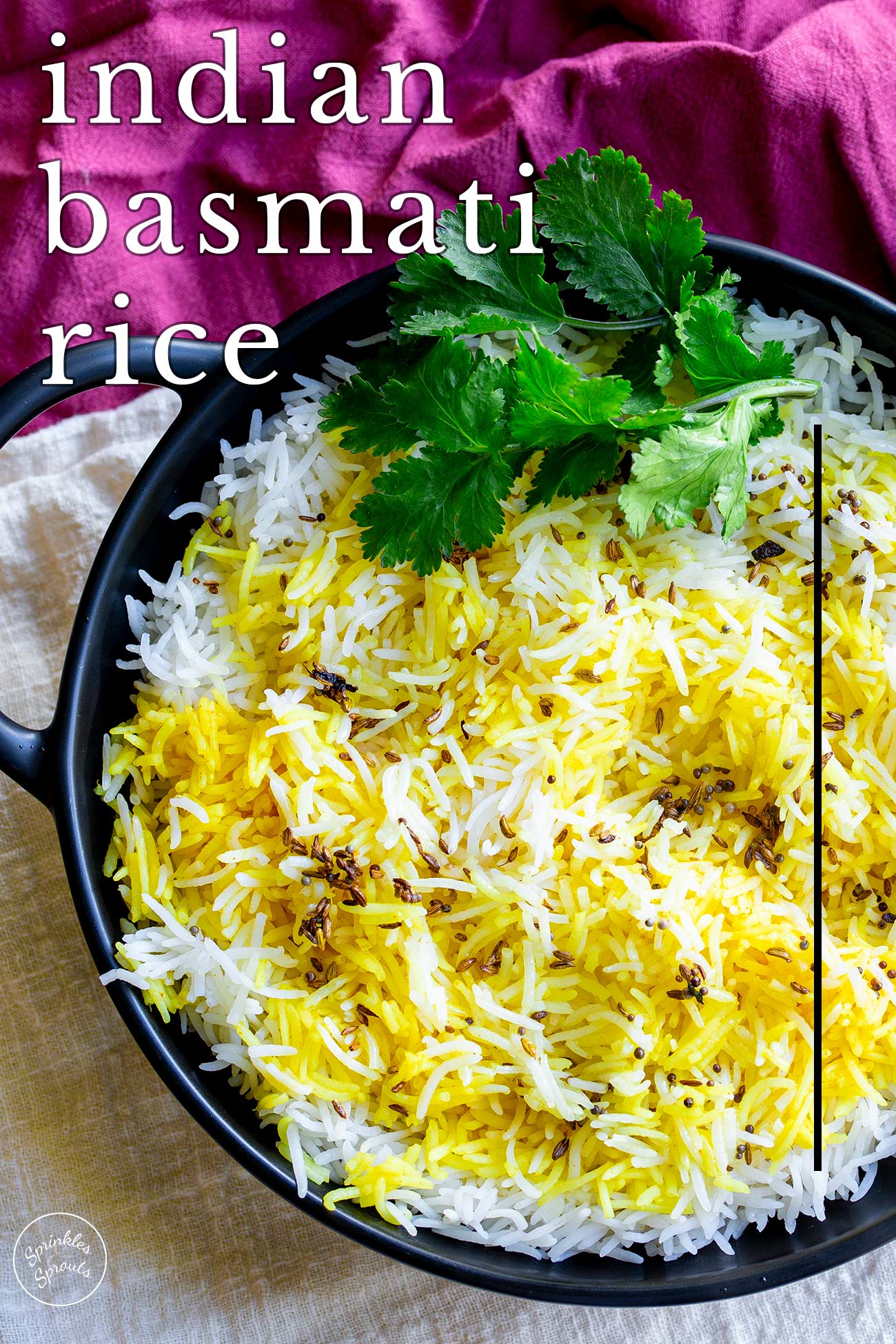
The removal of the MEP is anticipated to have a significant impact on the Indian rice industry. By eliminating this price restriction, the government aims to make Indian basmati rice more attractive to international buyers. The MEP, which had been in place to stabilize domestic prices and manage inflation, had also been a barrier to trade, potentially restricting export volumes and affecting the income of rice producers.
India is one of the world's largest exporters of basmati rice, a premium variety known for its distinctive aroma and long grain. The country accounts for a substantial portion of global basmati rice exports, with significant markets in the Middle East, Europe, and North America. The removal of the MEP is expected to increase the volume of rice exports by making the price more competitive compared to other exporting nations.
Farmers and exporters are likely to benefit from this policy shift. For farmers, the change could lead to improved income as the demand for basmati rice rises and prices become more favorable in international markets. Exporters, on the other hand, may experience a boost in business as they can offer more competitive pricing without the constraints imposed by the MEP.
The decision to lift the price cap is part of a broader set of reforms aimed at reviving the agricultural sector and enhancing its contribution to the economy. The Indian government has been implementing various measures to support agricultural exports, including improvements in infrastructure and logistics, and incentivizing the production of high-value crops.
Economic analysts have noted that this policy change is a strategic move to address both supply and demand issues in the rice market. By removing the export price limit, India can potentially increase its share in the global rice market, countering the effects of fluctuating global prices and ensuring a stable income for farmers.
The impact of this policy adjustment on domestic rice prices and its broader economic implications are yet to be fully realized. While the removal of the MEP could provide immediate benefits to exporters and farmers, it will also be important to monitor how this change affects the domestic market. The government will need to balance export growth with the needs of the local population to avoid potential inflationary pressures on rice prices within the country.
